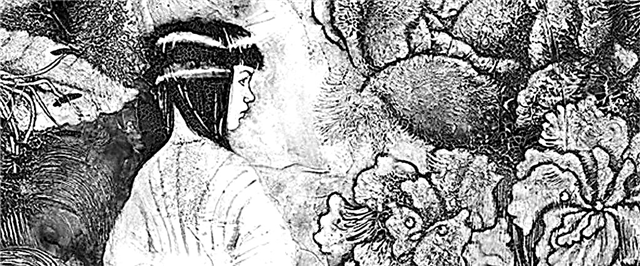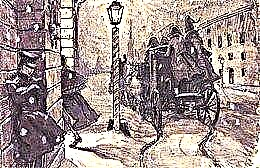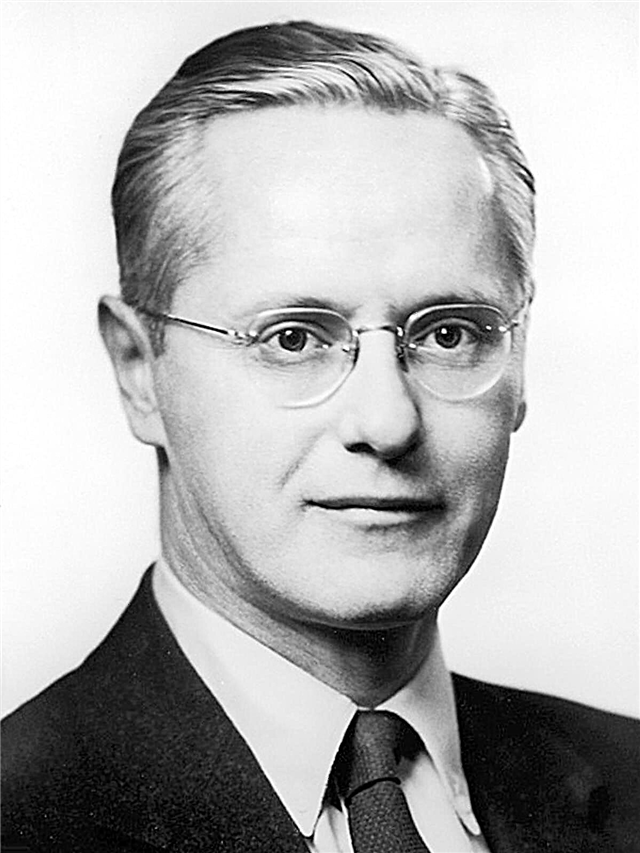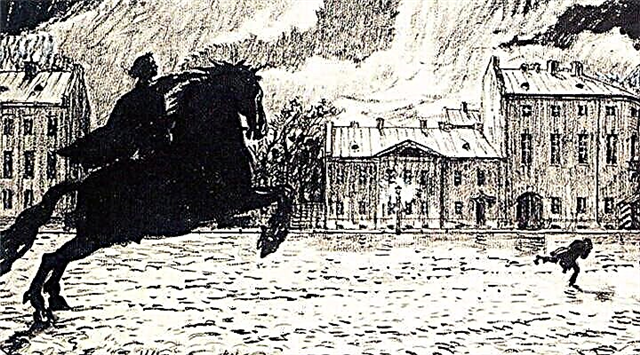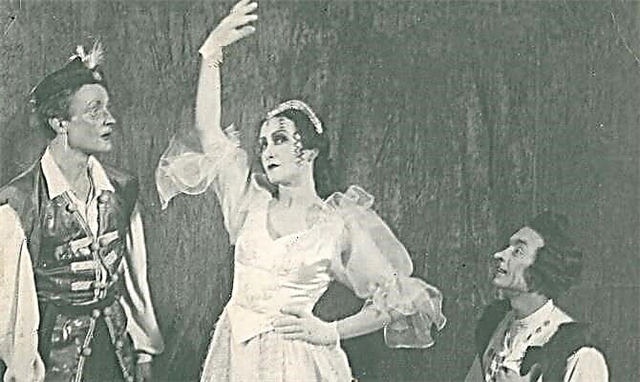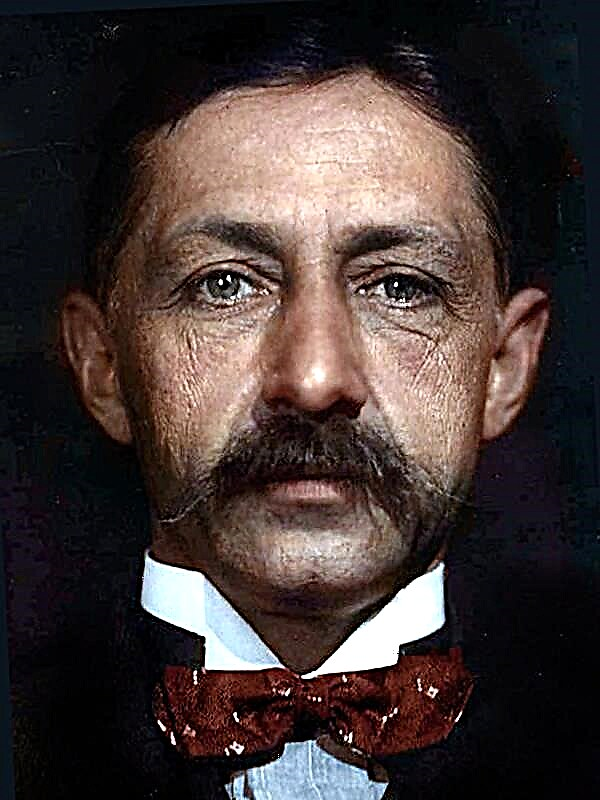When Konstantin Aleksandrovich Saks announced to his wife that he should go to the province for three weeks, Polinka burst into tears and began to ask her husband to refuse the trip. She is sad, she is tormented by bad forebodings.
But Sachs is not just an official on special instructions, but a man of duty and honor. The case of embezzler Pisarenko, he must complete. It is about a hundred thousand government money. The treasury is replenished from a peasant’s pocket. And he does not believe, a thirty-two-year-old man, the premonitions of a nineteen-year-old wife, a recent boarder.
Childhood and naivety, of course, make up the charm of our beloved Polinka, but he still wants her to become more mature in her actions and thoughts.
While this conversation is going on, the servant reports that Prince Galitsky is asking for permission to see both of them: he has letters for Konstantin Alexandrovich and Polina Alexandrovna.
Sax was very unpleasant about this visit, but his wife had already ordered the prince to be sent to the drawing room. But Galitsky two years ago wooed to
Polinka, however, due to frivolity and presumption, went abroad, to the waters, without speaking to either the girl’s parents or herself. There he heard the news of the marriage of the subject of his passionate love.
His feeling is strong, but selfish. Early success in women gave rise to apathy, which only unusual, bizarre passion can overcome. He fell in love not with a woman, but with a child. Like Sachs, he is fascinated by the childhood, naivety and spontaneity of the graceful and miniature Polinka. That's just his appearance in their house is not an accident. Letters are just an excuse, invented by his sister Anet Krasinskaya, Polinkina's friend, still on board. She suggested that the neighbor on the estate Zaleshin write Sax and, taking advantage of the opportunity, send with her brother, who will still carry her letter to Polinka. She tells her friend about the despair of her brother, about his even illness after she married Sax. This old, plain-looking official is not worth Polinka. He is a scary person. Indeed, in the Caucasus, he was after a duel that ended in the death of the enemy.
Zaleshin is a long-time friend of Sax, since the time of the Caucasian service. And in his letter he warns that Prince Galitsky is dangerous for his family happiness. The success of the prince among women is well-known, he is young, rich, successful and handsome, knows how to attract anyone.
Meanwhile, the danger is much more serious than Zaleshin writes. The prince managed to conspire with Pisarenko to detain Saks during the investigation until he wrote and forwarded him a note with the word "enough" only.
It takes time to conquer Polinka. The prince understands well that her ability to love has not yet fully developed in her, is not realized by her, and his goal is to concentrate on her this need for love. He chose the tactics of frank confession, violent bursts of passion or despair.
Alas, after some time this brought him success and suffering for Polinka, tormented by the consciousness of her sinfulness and crime. Learning about this, Sax wanted to take revenge on both, but how to take revenge on a child who himself does not understand what he cooked up! Yes, it seems that young people fell in love with each other, and there it is a serious matter. No, Sax will not add to the humiliation that has already taken place. He will act differently than everything. For a month he hides his wife in a secluded summer cottage (Galitsky completely lost his mind and sticks out under the windows of their St. Petersburg apartment), and then in the presence of both he announces that he is giving up his rights, hands over papers certifying this, but warns that, having married, Polinka and the prince must go abroad. However, he, having lost both his wife and daughter in Polinka at once, will closely monitor that his child will not become unhappy. At her first tear, he (the prince) is a lost person.
Young people are defeated by the greatness of this extraordinary man and go to Italy. However, there too, Polinka often recalls the strange words of her first husband at the moment of farewell, and they constantly crush her heart with some kind of weight.
Meanwhile, the experienced shocks laid the foundation for consumption. With illness, with the threat of death comes awareness of one’s own soul. It becomes clear that Polinka always loves and loved Konstantin Saks, but she did not understand him, nor herself, nor life. And the current husband simply felt sorry. Finally, Polinka understands all this when Saks, in the absence of the prince, appears in their house and asks her why she is sick, does she have any grief? “Forgive me ...” the poor woman whispers in response. Sax kisses her hand and leaves.
From this moment, Polinka can no longer love the prince: he is not a man, he is a child, she is old for his love. This is Sachs man, man: his soul is great and calm. She loves him. She wrote him a letter, which, after her death, the maid should send in his name. It will reveal to him that she appreciated him and his greatest sacrifice and pays him boundless love.
Sax, who had been following the prince and his wife for a whole year, after a visit to Polinka left for Russia and settled in the Zaleshin estate, where on one of the quiet summer evenings he was handed a letter from Italy from Princess P.A. Galitskaya.

